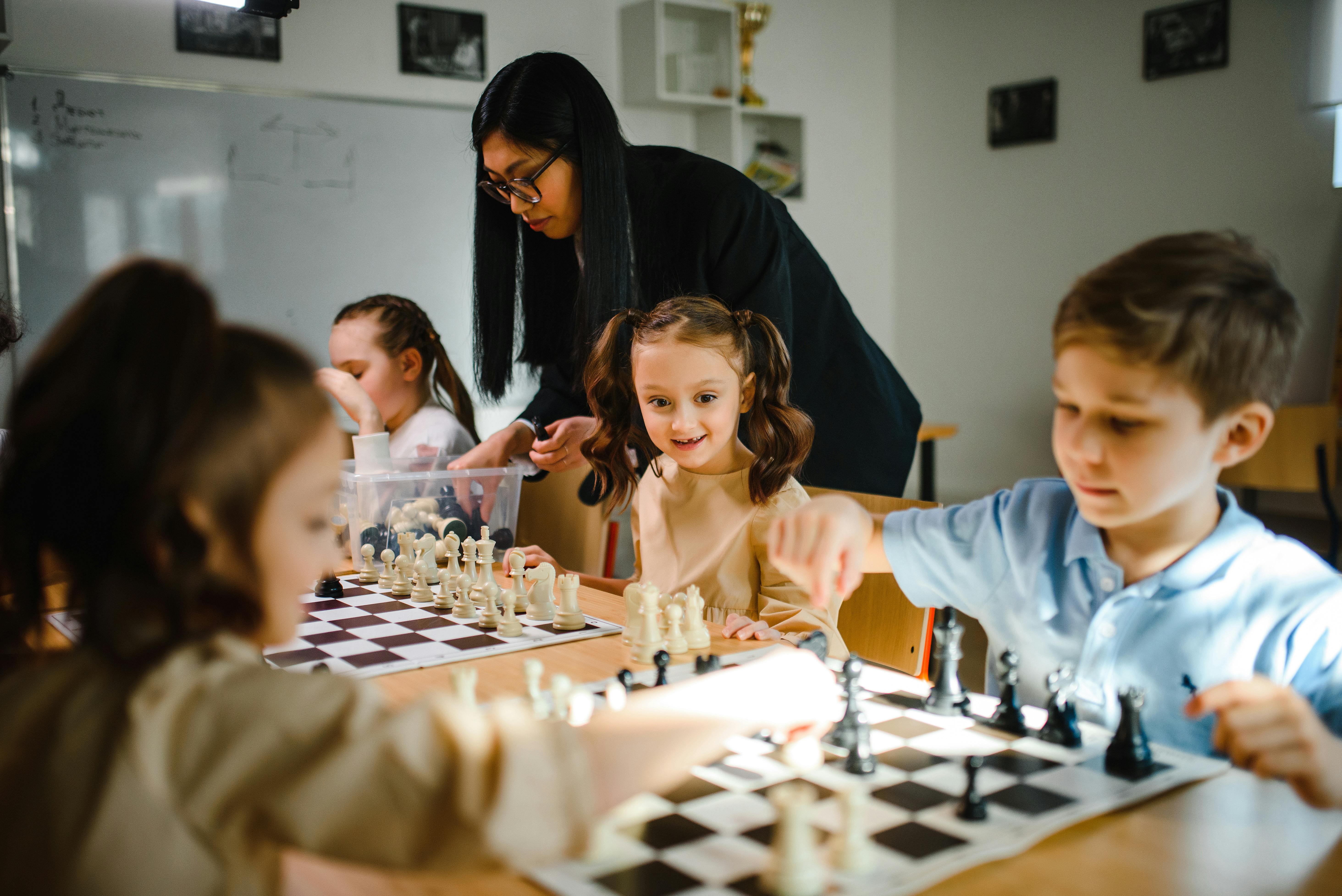As parents, many of you are thinking about your child's future and how to help them get on the right path. The most important thing in your parenting mission is to try to understand what will be best for your children.
Chess is a fair game, it's your child, the board and the other child, no physical contact, just a battle of minds. The king of board games may surprise us much more than we ever imagined.
Still think chess for kids is too hard? Check out these surprising facts and benefits of playing chess and then consider your next move.
Chess helps prevent Alzheimer's disease
While playing chess, the most active part of our body is the brain. Because the brain works like a muscle, it needs regular exercise to stay healthy and avoid injury. In fact, a medical study shows that playing chess reduces the risk of dementia as well as prevents its symptoms because playing chess develops the functioning of the brain. Which in turn reduces the risk of Alzheimer's disease, anxiety and depression.
Develops the dendrites in the brain
Imagine an antenna that picks up signals from other places, the more antennas you have, the more signals you'll pick up and the bigger you'll get. It's actually the brain's dendrites, which are tree-like branches that conduct signals from other nerve cells to the neurons they're attached to. So learning chess, at an early age, makes those dendrites grow non-stop. Because learning chess is a continuous activity that results in the growth of many dendrites.
Chess increases your children's IQ
Chess is definitely the game that will boost your child's IQ, and that's no surprise. A study shows that 4000 Venezuelan students, both boys and girls, showed higher IQ values after 4 months of chess training. So moving the pieces is not an ordinary activity, but the result of an increase in intelligence.
Increases the child's problem solving skills
In our fast-paced world, every day we face numerous problems and obstacles at every step of life you are Some of the problems are solved, some are not, due to the lack of problem solving skills. As a parent one a necessary thing to do is to prepare your child for these problems, to teach him how to deal with them decides to move on. And, the sooner you start, the sooner you'll have an independent, confident child. The chess is a shining example of developing these skills. Allow your child to be self-confident, problem-solving by playing chess.
Improves your child's concentration
During a game, concentration is one of the most important skills a player must possess. It's impossible to play chess and think about something else. During the game, the opponent will not tell your child which piece it is moved, so your child must be focused on the game, paying attention to every detail and figure. As a result, playing chess will help develop your child's concentration not only in chess, but also in different life situations.

